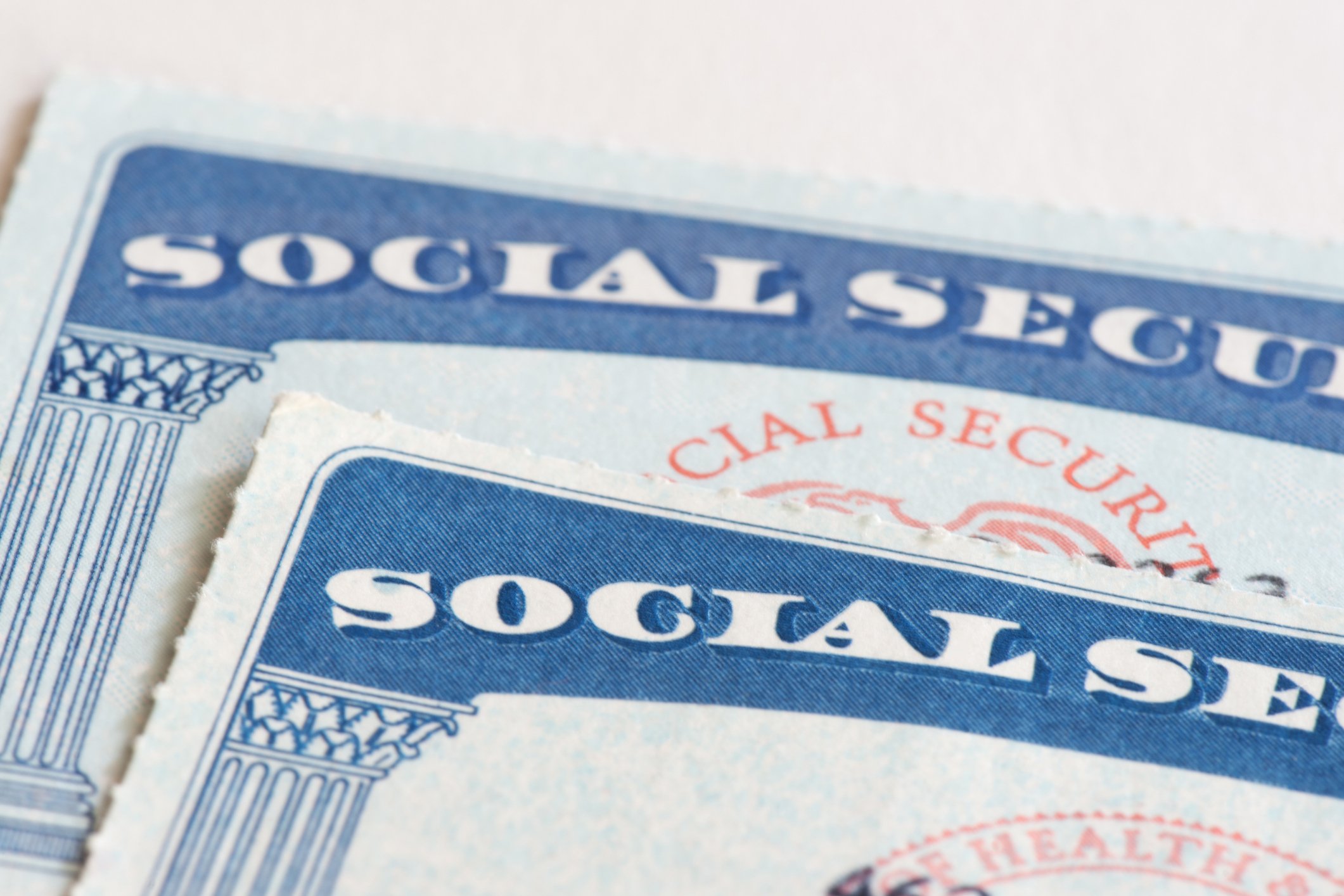Countless workers look forward to retirement and the lifestyle it offers. But these days, more and more Americans are entering retirement on shaky ground. And while a lot of that has to do with savings (or lack thereof), workers' attitudes are equally unsettling.
Confidence is low
A growing number of Americans are worried about having enough money in retirement. Consider these statistics:
- Transamerica reported last year that only 51% of baby boomers feel they're building a strong enough nest egg.
- In a 2015 survey by the American Institute of CPAs, 57% of workers listed running out of money as their primary retirement concern.
- In an Allianz study of over 3,000 baby boomers, 60% were more afraid of outliving their savings than actually dying.
Given the number of Americans who are glaringly behind on savings, none of this is particularly shocking. It's estimated that one out of every three Americans has no retirement savings whatsoever, including 30% of workers 55 and over.

IMAGE SOURCE: GETTY IMAGES.
Meanwhile, Transamerica reports that baby boomers have saved a median $147,000 for retirement. That might seem like a decent amount at first glance, but when you consider the costs retirees face, it's actually not much at all. In fact, if you break that number out over 20 years, you're left with just $7,350 in annual income -- or just over $600 a month. Even if you throw in an added $1,360 a month for Social Security, which is what the average recipient gets today, for many retirees, that's still not enough to cover long-term basic living costs.
Speaking of which, many workers are surprisingly unaware of what it costs to retire. In fact, though you'd think otherwise, 46% of households wind up spending more money in retirement -- at least in the earlier stages -- than they do at the end of their working years. Add in the fact that people are living longer, and it's no wonder retirement sparks fear in so many adults.
Knowledge is power
If your goal is to retire with confidence, you'll need to do two simple things: Know your costs, and save more. Let's get into the knowledge factor for a bit. Though not everyone spends more money in retirement, you should plan on needing at least 70% to 80% of your previous income to cover your living costs once you stop working. Of that, you can expect Social Security to provide about half -- which means it's up to you to save the rest.
What costs might you face in your senior years? There's healthcare, for one thing, which almost universally goes up for folks in retirement. It's estimated that the average healthy 65-year-old couple today will spend a good $377,000 in healthcare costs throughout retirement. And that's just what healthy seniors will spend. If you have a known medical condition, your number might climb.
There's also housing to think about. Fewer Americans are entering retirement mortgage-free, and even if your home is paid off, there's still maintenance and property taxes to worry about. Given that the typical homeowner spends 1% to 4% of his or her home's value on annual upkeep, even in the absence of an actual mortgage payment, your housing costs could still be quite high. Also, remember that property taxes have a tendency to rise over time -- even during periods when home values decline. If you're planning to stay in your home long term, you'll need to account for this possibility.
Finally, think about leisure in retirement. Though you may have modest tastes, once you stop working and have an abundance of free time on your hands, you're bound to spend money keeping yourself occupied. And that could quickly add up.
None of this is meant to scare you. Rather, the goal here is to illustrate that retirement costs have a way of creeping up on you. If you know about them in advance and save accordingly, you'll be better positioned to retire with confidence.

IMAGE SOURCE: GETTY IMAGES.
Save aggressively
Now let's talk about savings. Though countless Americans are clearly behind, if you take steps to ramp up your retirement plan contributions, it'll make a real difference in your nest egg. Currently, workers 50 and older can put up to $6,500 a year into an IRA and $24,000 into a 401(k). If you have 15 working years ahead of you and you max out the latter option, you'll have an additional $360,000 to work with. Better yet, if you invest your savings and generate a fairly conservative average annual 6% return, you'll be $558,000 richer in 15 years' time.
Even if you can't max out a 401(k), which is the case for many older workers, saving any reasonable amount will help. If you were to set aside $500 a month for retirement over a 15-year period, you'd have an additional $139,000 to your name, assuming that same 6% return.
Finally, don't discount the possibility of postponing retirement for a few years and banking additional income that way. Not only will those extra paychecks help, but they'll allow you to hold off on tapping your nest egg, thus stretching whatever savings you've amassed.
The key to retiring with confidence is understanding the costs you'll face and taking steps to save for them. The more you plan, the better your chances of securing the worry-free retirement you deserve.





